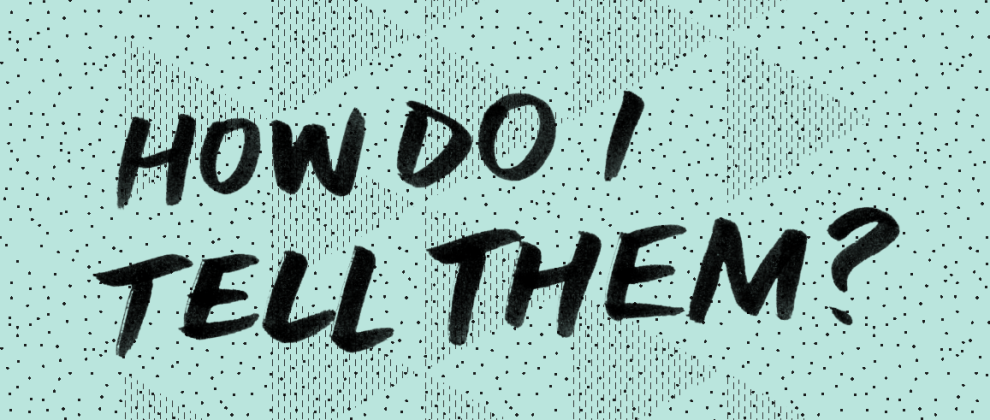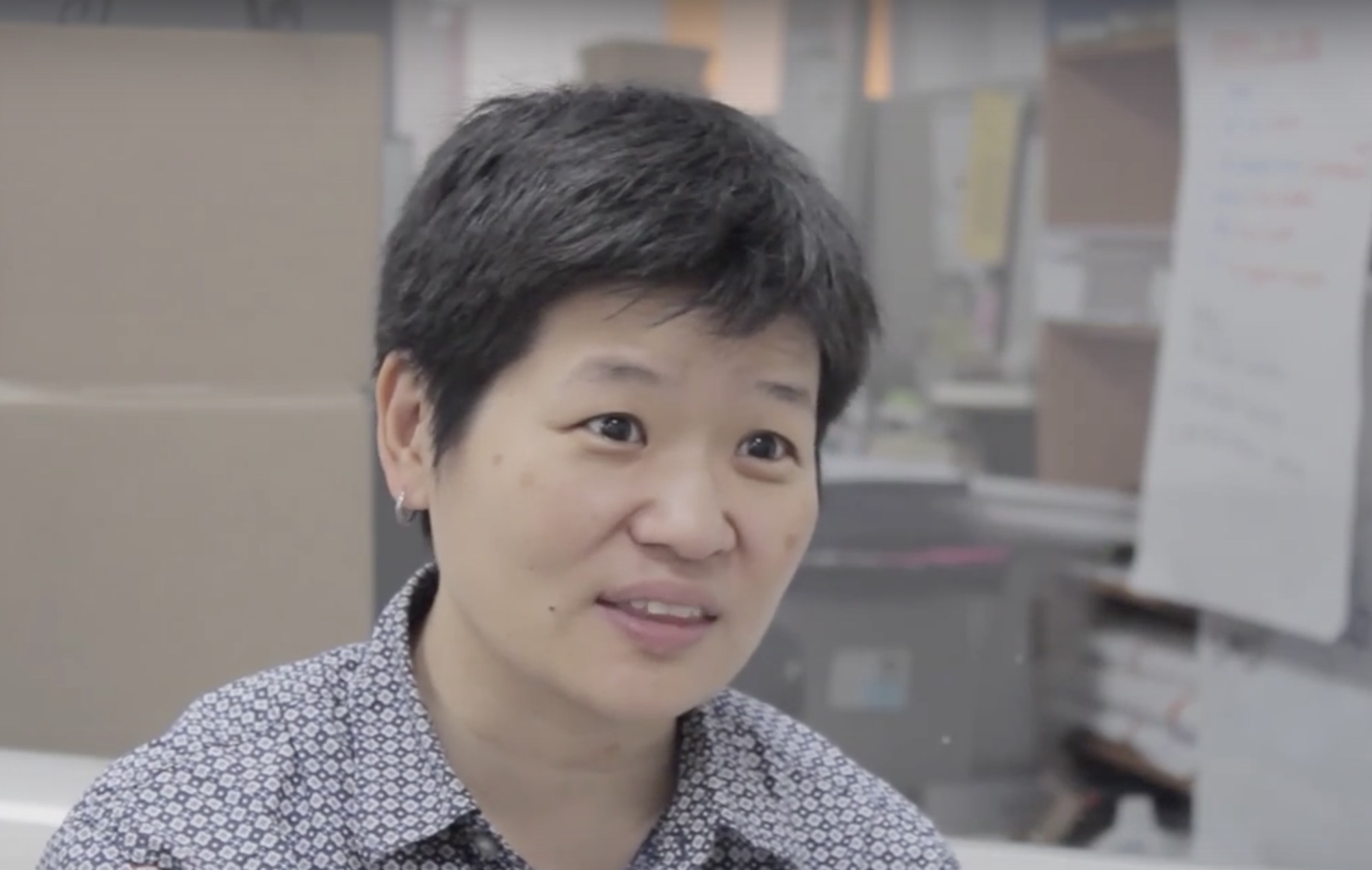Coming out for LGBT Asian and Pacific Islanders is often different, with unique challenges, than for other communities due to cultural differences, family position (e.g. responsibilities of youngest versus oldest child), stereotypes/homophobia built into language (in many languages, there are no positive/neutral terms to describe LGBT people), language barriers, lack of foundational information about LGBT people, religious barriers, fear of being ostracized from extended family, generational differences, and immigration status.
While coming out is not for everyone nor is there a “right time” to come out, the following are culturally confident and linguistically appropriate resources and tools and resources for API LGBT youth and older who do wish to come out and are struggling with the process.
How Do I Tell Them? A Coming Out Workshop for Asians and Pacific Islanders
The coming out experience for API LGBT youth is often difficult due to cultural and language barriers that prevent them from connecting with their families. For many API LGBT youth and students, they feel that they might disappoint their families and end up living double lives, one in campus and/or with their friends and the other at home.
This workshop generally lasts four hours and provides students and youth:
- A safe space to discuss challenges and strategies around coming out to their families within an API context
- To hear stories and ask questions to APIs who have come out to their families as well as parents of LGBT children
- Time to role play and prepare API Equality-LA holds this workshop minimally once or twice a a year in the LA area. For more information on our next one, please contact us at contact@apiequalityla.org
Questions to Consider Before Coming Out
We know that coming out is different for everyone. Sometimes you plan exactly when you want to come out, and it goes very smoothly. Other times you don’t get to plan it, because your parents confront you or catch you, or someone else outs you. It may be helpful to think about how you want to come out — and, if you aren’t able to control it, at least you are prepared and have already thought about it.
Here are some questions to answer before you have your conversation:
- Who do you want to come out to? What order do you want to tell people? Do you want to tell your siblings first, and then your parents together? What about your extended family?
- Where do you want to come out to them? Try to find a neutral ground/space
- When do you want to come out to them? Make sure to give them time to process, don’t do it in front of people, or when they are about to see other people.
- What do you need to come out to them? Are there language barriers? Do you need the right vocabulary?
- Do you need resources to give them? Should you have API PFLAG pamphlets, general LGBT fact sheets, etc? Do they need to in-language?
- How do you think they feel about LGBT people? Have you tested the waters on LGBT issues? What conversations have you had? Are you ready to counter possibly negative perceptions they have?
- With these considerations, if you’re feeling ready to come out, how do you prepare yourself for that day? You should make sure to discuss back-up plans
Plan for Possible Parent Reactions
The following are real reactions that some API parents after their child came out to them. Keep in mind that the real reactions you get may be very different from these or a combination of them, but hopefully you have some more tools in your toolbox to better handle this process. It may be helpful to plan our responses to these scenarios of, if you are out to other people in your life (such as siblings and friends), to do roleplay with someone you trust.
In thinking about parents’ reactions, remember that LGBT people often have years to think their own sexuality, while this news is often shocking to parents. Parents who initially react negatively may just need time. Ask yourself, “What will my coming out be like for my parents? What is it like from my parents’ perspective?”
Possible scenarios of parents’ reactions:
- Loving, accepting, feeling honored to have been told (This answer is not part of exercise)
- Worried/sad for you because LGBT people are persecuted
- Dismissive, tries to change subject, acts as if conversation didn’t happen
- In denial, believes being LGBT is a choice/just a phase
- Ashamed and embarrassed
- Self-blaming
- Blames the environment/American culture
- Believes you’re “sick”
- Grief – the “idea” of their child is no more
- Feel betrayed – feels like you’ve been lying to them
- Parents are religious and think you are sick and need a therapist
The Coming Out Letter
A good method of coming out is a face-to-face talk with the help of a coming out letter. The letter might be 1-2 pages in length. A coming out letter can be helpful even after you have been out for a while, and can be used to improve relationships with your parents.
The coming out letter will:
- Force you to organize your thoughts
- Make it obvious to parents that being gay is not a choice, after learning of your fear, loneliness, self-hate, etc.
- Let them know that being gay was not because of something that they did
- Open their minds on the subject of sexual orientation
- Allow them to understand your pain and your fears which might encourage a protective and nurturing reaction
- Provide an opportunity for you to express your feelings of love and appreciation of them, and your hope for the future.
This is a resource from San Gabriel Valley API PFLAG. Please click here for the full resource.




It was a month before graduation, and here was this workshop just for queer APIs who wanted to come out to their families. Being surrounded by queer API folks was empowering in itself, especially because many of the queer spaces I’d been in before were predominantly white.